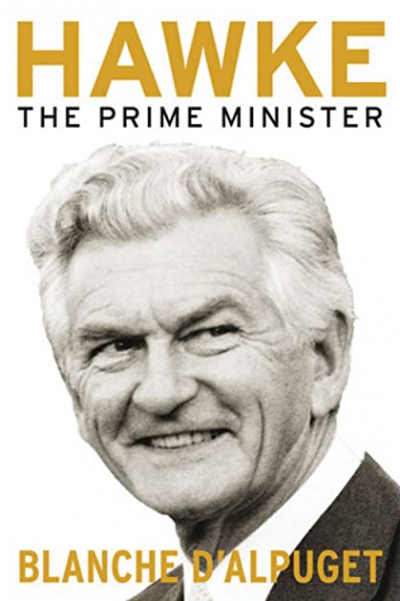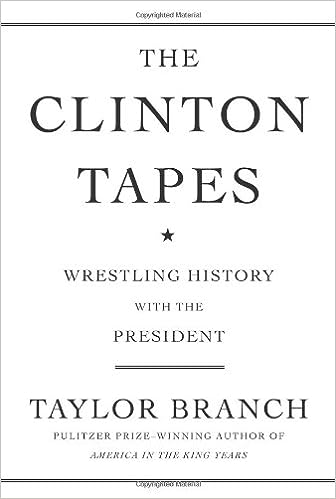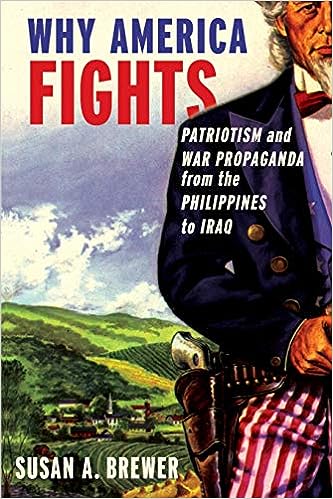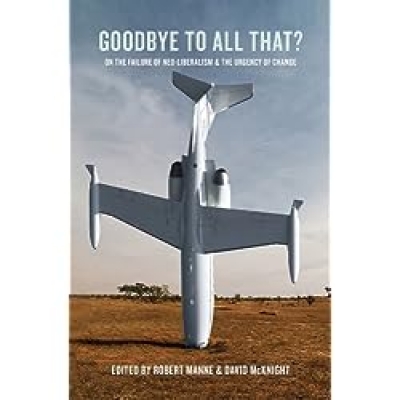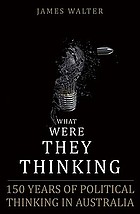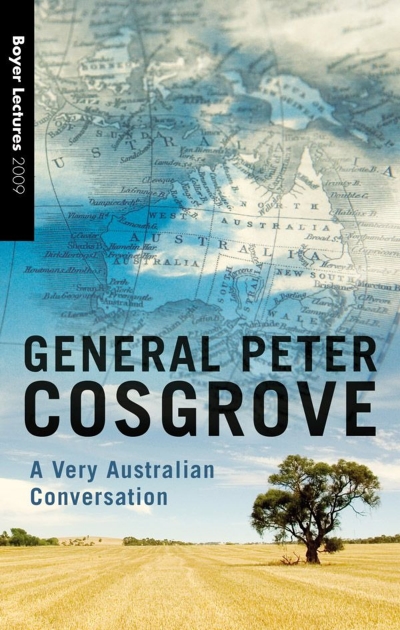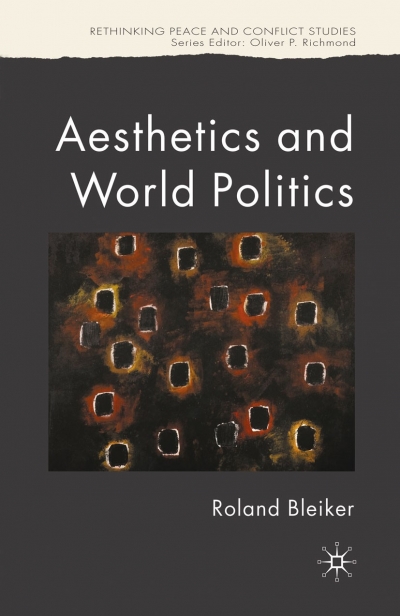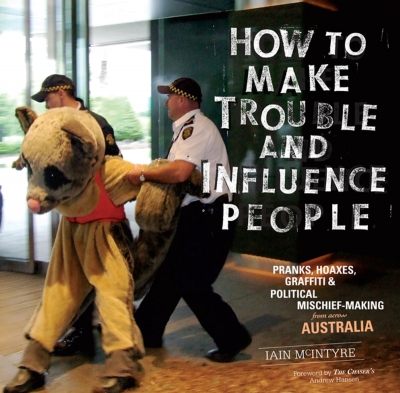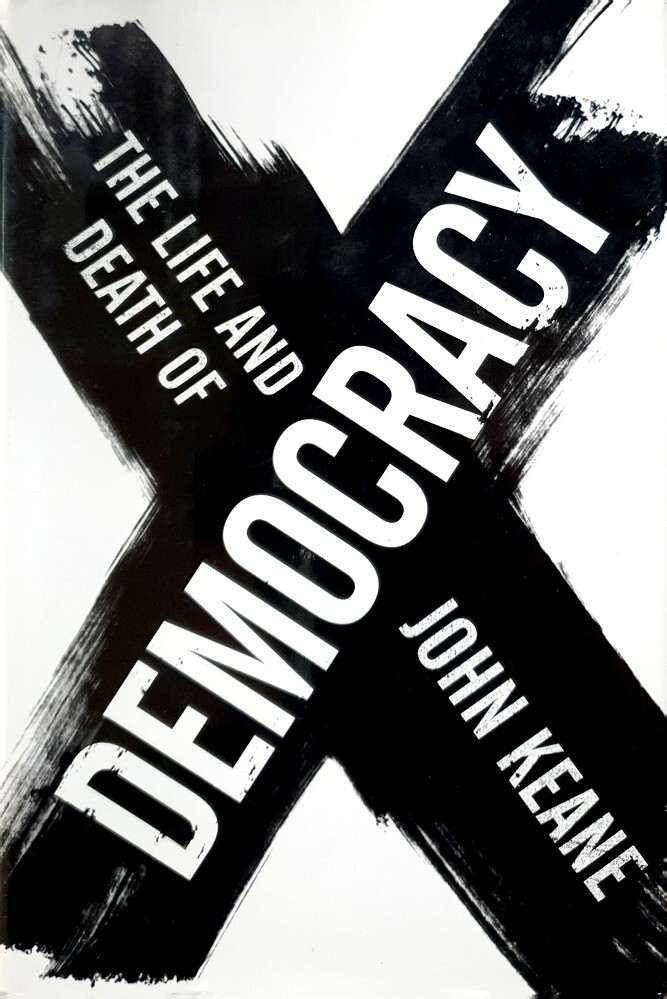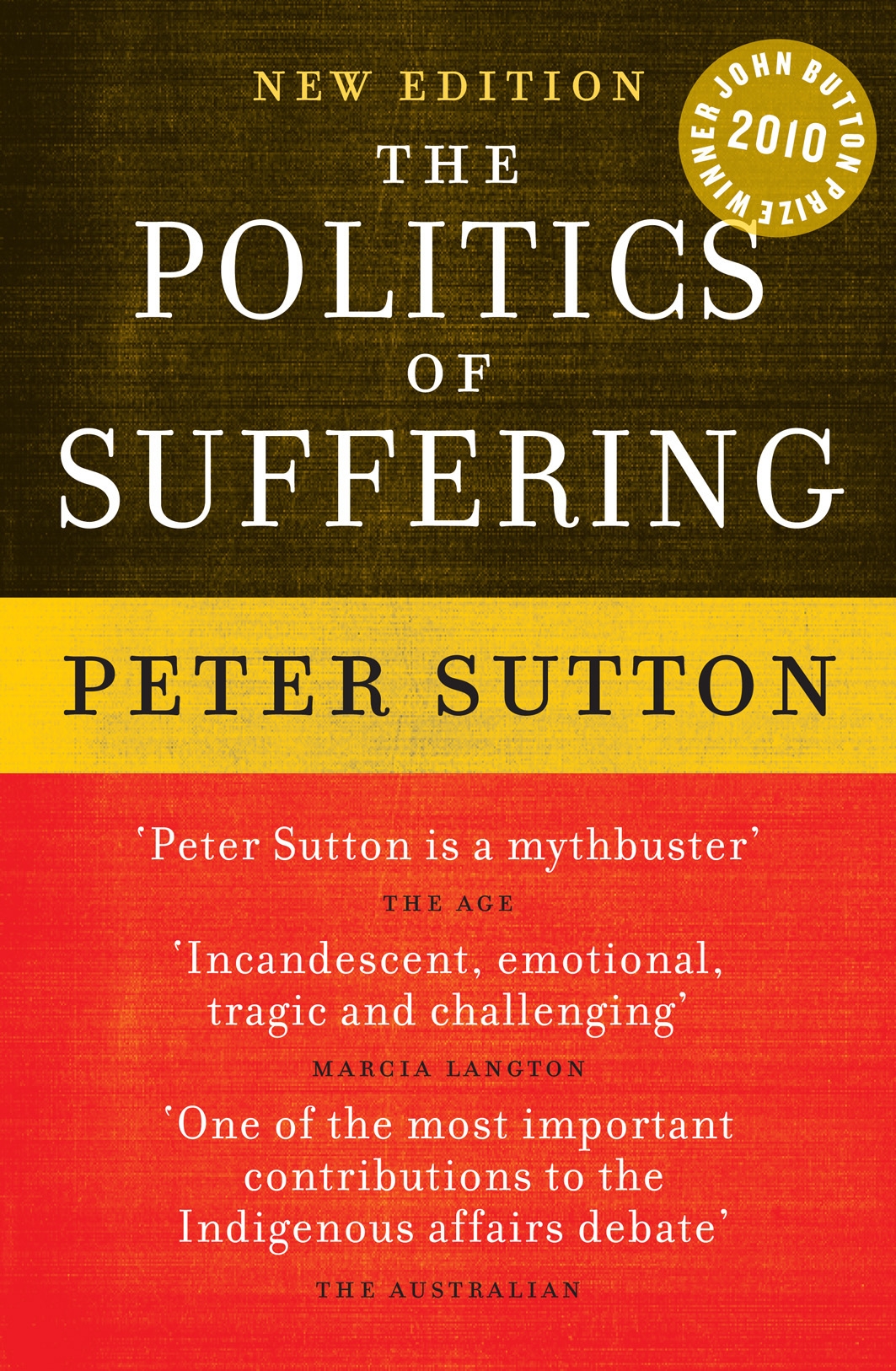Politics
Needless to say, yet needing to be said, Australia’s twenty-third prime minister, R.J.L. Hawke, emerges from this interesting, sometimes engrossing yet disconcerting book smelling like roses. When MUP decided to publish, it must have seemed like a good idea. Deployed on television, Bob and Blanche were a marketing dream. But the result has a fatal flaw; it neither enlarges Hawke as a political leader nor advances d’Alpuget as a writer.
... (read more)The Clinton Tapes by Taylor Branch & The Death of American Virtue by Ken Gormley
While Americans squirmed or vented self-righteous outrage at the revelation of their president’s escapades with Monica Lewinsky, the rest of the world seemed bemused. Oxford history fellow, George Cawkwell, who knew William Jefferson Clinton in his 1960s Rhodes Scholar days, was worldly in defence of his former student: ‘I think the truth is that people behave in sex matters in a way they’d never behave in anything else.’ He counselled English discretion: ‘We don’t attack our monarchs all the time. It wouldn’t have been good for people to have known every bit about Henry the Eighth.’
... (read more)Why America Fights: Patriotism and war propaganda from the Philippines to Iraq by Susan A. Brewer
In September last year the impressive military intellectual David Kilcullen gave the prestigious annual ‘University Lecture’ to the assembled cohort of cadets, midshipmen, officers, academic staff and senior leadership of the Australian Defence Force Academy and its partner institution, the University of New South Wales. I was especially struck by Kilcullen’s argument, to the young officer trainees, that their future responsibilities would be important because war and conflict had been perennial features of human society since ancient times, and would persist despite efforts to create a more peaceful world. Was this, I wondered, the only way to impress upon the future leadership of the ADF the seriousness of their calling?
... (read more)Goodbye To All That?: On the failure of neo-liberalism and the urgency of change edited by Robert Manne and David McKnight
It may be far too early to begin writing obituaries for neo-liberalism; as with Mark Twain, reports of its demise constitute an exaggeration. With the growing critique of neo-liberalism, in which our own prime minister has joined, there is a pervasive assumption that it is something of an aberration, an errant change of course in the development of capitalism. That assumption is, I suggest, erroneous; the thirty-year phenomenon to which we give the name neo-liberalism is in reality capitalism qua capitalism; neo-liberalism is really capitalism unleashed with minimal regard for its social consequences. There is also a second myth that needs to be challenged in the emerging critique of neo-liberalism: the Keynesian consensus did not merely outlive its usefulness; it was undermined and sabotaged by a combination of US policy failures and opportunistic vested interests.
... (read more)What Were They Thinking?: The Politics of Ideas In Australia by James Walter (with Tod Moore)
A common criticism of Australian politics is that it is largely concerned with conflict over practical issues, rather than with debate over sophisticated political ideas. James Walter’s new book, What Were They Thinking?, challenges this view by providing a wide-ranging account of the development of Australian political ideas from the late nineteenth century to the present. The book is structured around changes in the role of the state in Australia, moving from the early disputes over democracy and responsible government in the late nineteenth century, to the Australian settlement, postwar reconstruction and the neo-liberal reforms of the 1980s and 1990s, through to the recent controversy over the Global Financial Crisis. While the changing role of the Australian state over time is well-covered territory, Walter’s contribution is to focus on the intellectual arguments that have facilitated and accompanied these changes, and to bring them together in a systematic account.
... (read more)Boyer Lectures: A very Australian conversation by Peter Cosgrove
Each year, the board of the Australian Broadcasting Commission invites a prominent Australian to present the Boyer Lectures. The chosen expert offers his or her (mostly his) ‘ideas on major social, scientific or cultural issues’ to a radio audience and, a little later, to readers.
Unsurprisingly, a review of the Boyers’ fifty-year history reveals undulations in quality and significance. While the concept has produced plenty of thought-provoking and prescient moments, often the interest is of a transient or an introductory nature. Certainly, few lecturers have matched the resonant and seminal contribution of W.E.H. Stanner’s After the Dreaming (1968), one of the finest pieces of writing produced about indigenous relations in Australia. Sometimes the choice of lecturer has been perplexing. In 2008, Rupert Murdoch’s A Golden Age of Freedom mixed rapacious optimism about technology, globalisation, and the future of the news media with a tetchy plea for Australia to shrug off its complacency. It would be hard to think of a person who needs the resources of a public broadcaster to disseminate his vision of the world less than Murdoch does.
... (read more)Ever since Plato famously proposed to banish poets and their ‘embellished tales’ from his ideal Republic, the relationship between art and politics has been strained. On the negative end of the spectrum hovers the warning example of a failed Austrian landscape painter who proceeded to push the world into total war. What makes things even worse is that the remarkable appeal of Hitler’s ghastly vision in 1930s Germany owed much to the efforts of sympathetic artists such as Leni Riefenstahl or Gottfried Benn. But even more inspiring figures on the positive end of the spectrum – Václav Havel and Melina Mercouri come to mind here – usually fall from popular grace once they accept political office.
... (read more)How to Make Trouble and Influence People: Pranks, hoaxes, graffiti & political mischief-making by Iain McIntyre
Poor communication has long been activism’s Achilles heel. Engaging the wider populace and influencing opinion rely as much on the effective, reliable delivery of a message as on well-organised ideas and events. We may be loath to admit it, but intelligent public relations can aid any pursuit – advocatory, activist, or otherwise.
It is from this perspective that the expansive new publication How to Make Trouble and Influence People: Pranks, hoaxes, graffiti & mischief-making takes its cue. Compiled and written by Melbourne writer, zine-maker, and community radio presenter Iain McIntyre, this vividly illustrated volume documents not only an unofficial history of Australian protest, activism, and all-round cheek, but the connections between political trouble-making and its ability to influence popular opinion. It succeeds, for the most part.
... (read more)How does one review a serious academic study of 950 pages that covers two thousand years of political history? In this case I shall be upfront and declare that I am only reviewing part of Keane’s thesis, and will leave it to historians to discuss the remainder of his book. If I concentrate on the last 300 pages, this is because they contain more than enough material for even the keenest reader, let alone a harassed reviewer.
... (read more)The Politics of Suffering: Indigenous Australia and the end of the liberal consensus by Peter Sutton
This is a complex book from an anthropologist who has carried out research and established close relationships with indigenous people for four decades. Peter Sutton has lived through and participated in the Aboriginal protest movement from the early 1970s onwards, done extensive studies in support of securing tradition-based rights in land, and faced firsthand the well-publicised tragedies of many indigenous communities.
... (read more)

